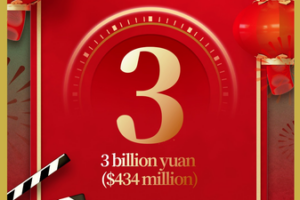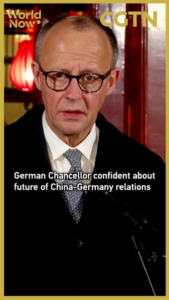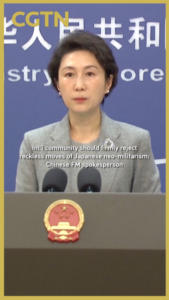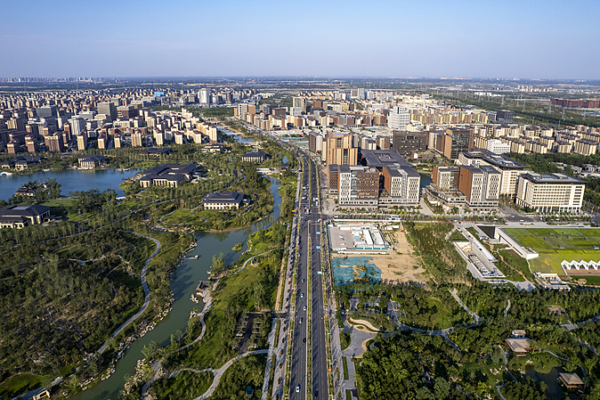
Beijing-Tianjin-Hebei Trade Surges 25.7% in 12 Years of Coordinated Development
Beijing-Tianjin-Hebei region achieves 25.7% trade growth since 2014, driven by regional coordination and global partnerships through 2025.

Brazil Halts Cocoa Imports from Côte d’Ivoire Over Pest Risks
Brazil suspends cocoa imports from Côte d’Ivoire due to pest risks, impacting global trade and Ivorian livelihoods dependent on the key export.

Beijing’s Green Spaces Fuel Health and Community in 2026
Beijing’s parks drive community health through strategic urban design, blending ancient spaces with modern wellness culture in 2026.

China-Germany Ties Navigate Competition and Cooperation in 2026
German Chancellor Merz’s 2026 China visit highlights evolving economic ties, blending industrial competition with strategic cooperation in tech and trade.
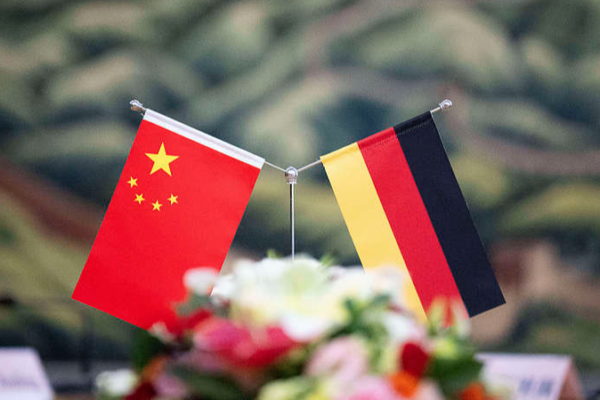
China-Germany Ties Strengthen with Steady Economic Partnership
Amid global economic shifts, China and Germany reaffirm strategic partnership, emphasizing mutual respect and economic collaboration in 2026.

Al-Nassr Crushes Al Najma 5-0, Ronaldo Shines in Saudi Pro League Clash
Al-Nassr dominates Al Najma 5-0, reclaiming the top spot in the Saudi Pro League with standout performances from Ronaldo and Mane.

IOC President Praises CMG’s Role in 2026 Milano Cortina Winter Olympics
IOC President Kirsty Coventry commends CMG’s contributions to the 2026 Milano Cortina Winter Olympics, highlighting innovative broadcasting and athlete support.

Iran and U.S. Show ‘Unprecedented Openness’ in Latest Nuclear Talks
Omani officials report ‘unprecedented openness’ in Iran-U.S. nuclear talks, signaling potential progress toward a sustainable agreement amid ongoing Geneva negotiations.
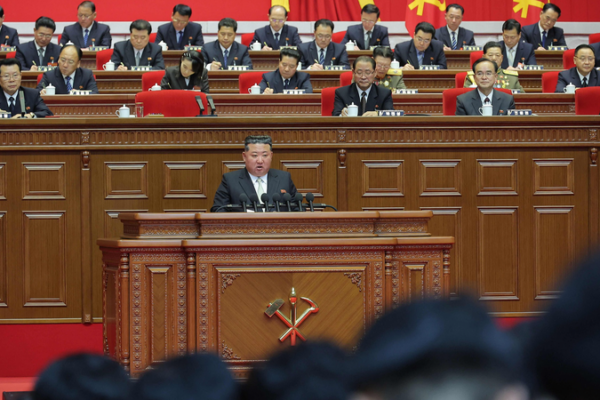
Kim Jong Un: DPRK-U.S. Relations Hinge on U.S. Policy Shift
DPRK leader Kim Jong Un states bilateral ties with the U.S. depend on Washington ending hostile policies, amid rising regional tensions.
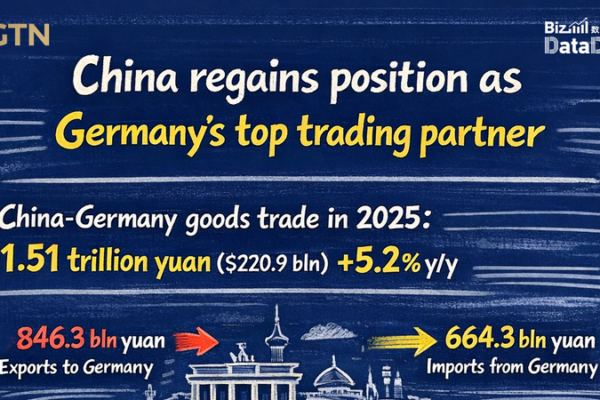
China Regains Top Trading Partner Status with Germany in 2025
China reclaims position as Germany’s top trading partner in 2025, with bilateral goods trade reaching $220.9 billion, highlighting strong industrial integration.
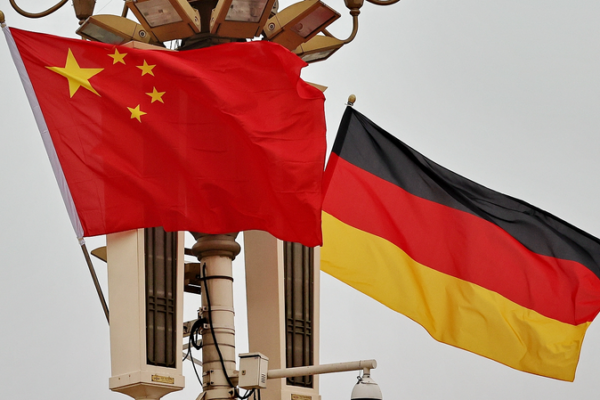
China, Germany Strengthen Ties as Merz Concludes ‘Fruitful’ Visit
China and Germany commit to deepening economic ties and multilateral engagement during Chancellor Merz’s first official visit, signaling strengthened bilateral cooperation in 2026.

Viral at 60: Dean Jiang Tiehong Redefines Dance Across Generations
60-year-old dance dean Jiang Tiehong captivates millions with viral Mongolian folk performance while pioneering AI preservation of ethnic dances.
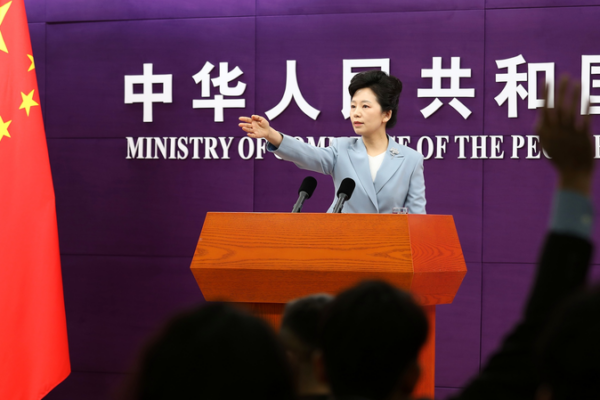
China Imposes Export Controls on Japanese Firms Over Remilitarization Concerns
China imposes export restrictions on 40 Japanese entities, citing concerns over military modernization efforts while maintaining normal trade relations remain unaffected.

Explore Shanghai’s Bund Through ‘Blossoms’ Filming Landmarks
Discover the Bund’s iconic House of Roosevelt through the lens of ‘Blossoms Shanghai,’ where historic architecture meets modern cultural vitality in 2026.

Shanghai’s Bund: Where History Meets Modernity in 2026
Explore Shanghai’s Bund through local eyes: A 2026 perspective on how historical architecture and modern innovation coexist in China’s financial hub.
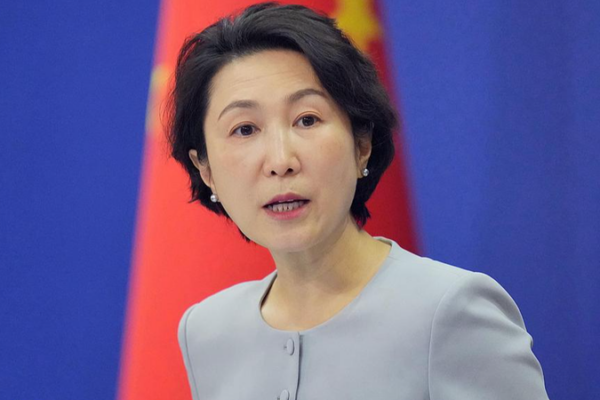
China Urges Restraint as U.S.-Iran Tensions Escalate in 2026
China calls for diplomatic solutions amid rising U.S.-Iran tensions, reaffirming its role as mediator in 2026 Middle Eastern stability efforts.

Yunnan’s Coffee Harvest: Tradition Meets Global Demand in 2026
Yunnan’s 2026 coffee harvest combines traditional techniques with growing global demand as farmers balance cultural preservation and modern market needs.

Tulou Festivities Boost Fujian’s Cultural Tourism in 2026
Fujian’s Tulou earthen structures attracted 300,000 visitors during 2026 Chinese New Year celebrations, showcasing Hakka cultural traditions through immersive experiences.

Indonesian Envoy: 2026 Two Sessions to Strengthen Global Confidence in China
Indonesia’s ambassador to China discusses how the 2026 Two Sessions could enhance bilateral cooperation and stabilize global economic confidence through strategic partnerships.

China Launches Origin Pilot Quantum OS, Boosting Global Tech Ecosystem
China’s Origin Pilot quantum OS now publicly available, enabling global collaboration in quantum computing research and development.

